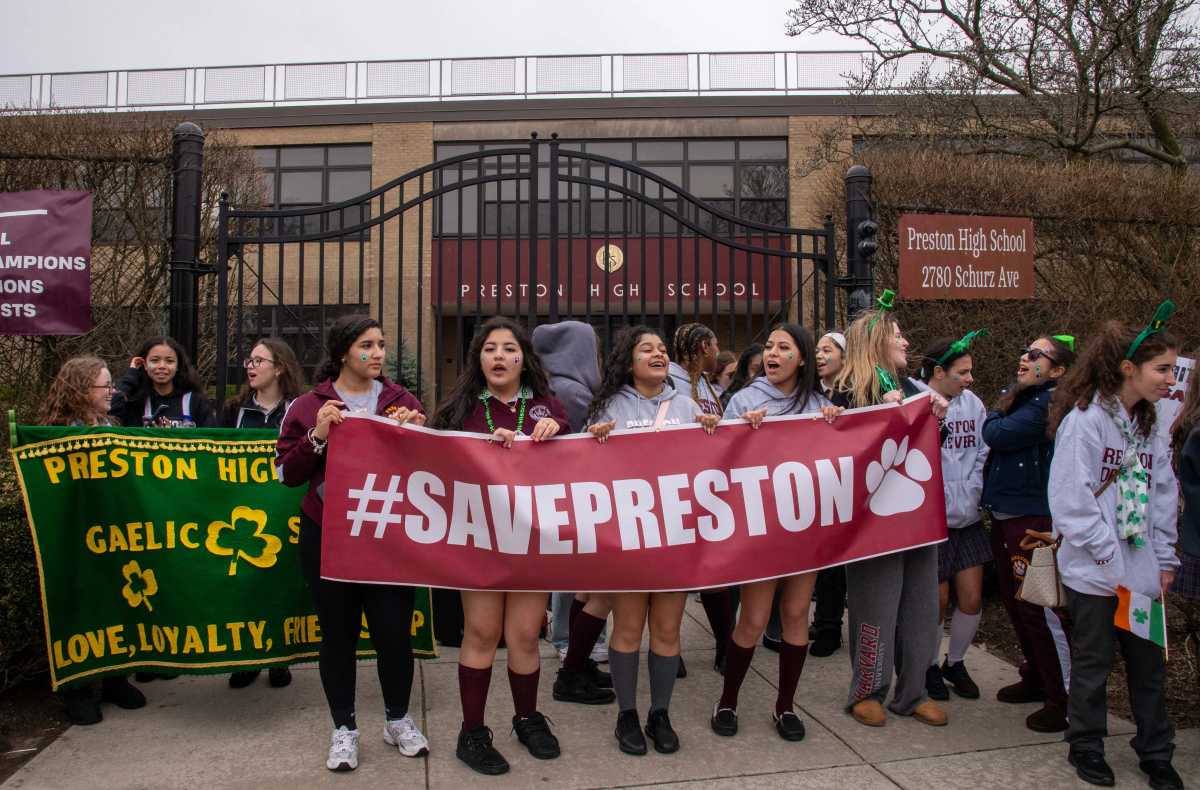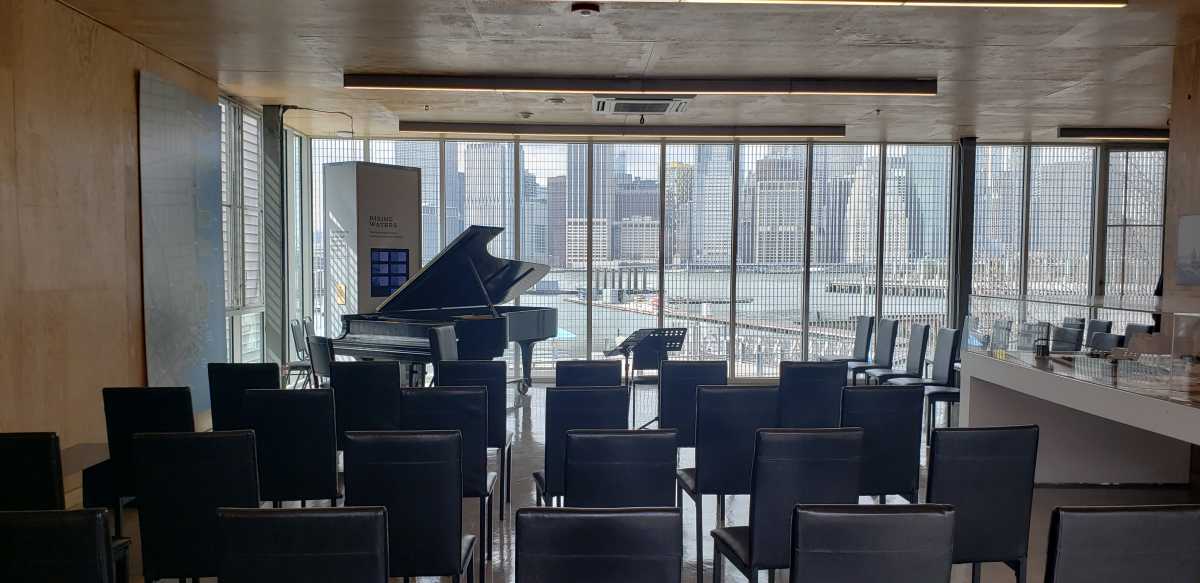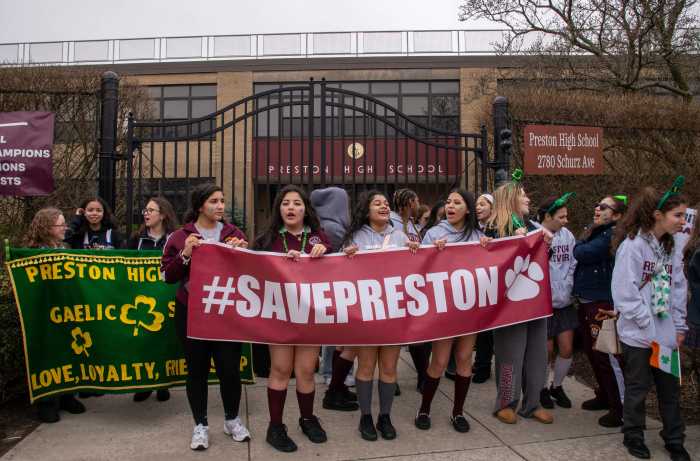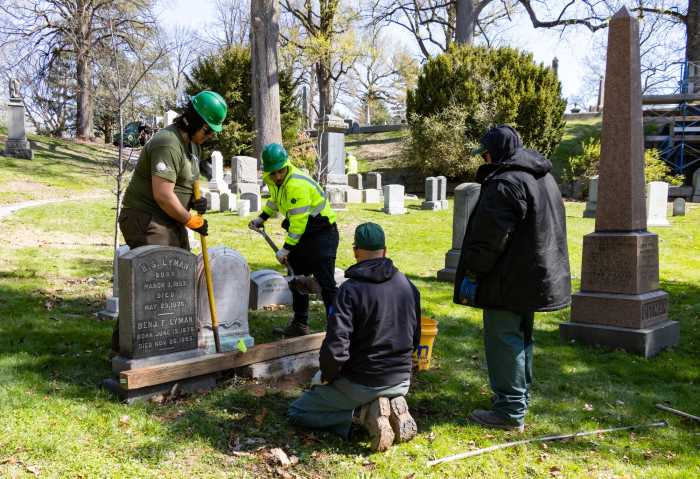Misdemeanor subway offenses will no longer be prosecuted in Manhattan beginning in September, District Attorney Cyrus Vance announced Friday.
Turnstile jumping, or theft of services, is a class A misdemeanor and the most common charge in Manhattan’s criminal court, with nearly 10,000 arrests in 2016 alone, according to the district attorney’s office.
The prosecution of such low-level, non-violent offenses does not belong in a “reformed 21st Century justice system,” Vance said in a statement.
“Absent a demonstrated public safety risk, criminally prosecuting New Yorkers accused of these offenses does not make us safer,” the district attorney added. “Since 2010, my office has worked with the NYPD and the Mayor’s Office of Criminal Justice to end the criminal prosecution of tens of thousands of low-level cases that needlessly bog down our criminal court and swell our city’s jail population.”
Offenders who qualify will either be issued a summons or will be offered pre-arraignment diversion if they are given a desk appearance ticket. Currently, a conviction for a class A misdemeanor is punishable by up to one year in prison and results in a criminal record.
NYPD spokesman Stephen Davis said the department has been working closely with Vance’s office and other criminal justice partners to address how misdemeanors are handled.
“The NYPD has been actively exploring ways to address enforcement of low-level infractions through a variety of approaches including the issuance of summonses instead of arrests, where such actions are considered feasible and consistent with public safety concerns,” Davis said in an emailed statement. “A central consideration in any strategy must be the overall impact on public safety.”
The move comes as part of an array of justice reform initiatives aimed at ending the criminal prosecution of about 20,000 low-level offenses annually, the DA’s office said.
In turn, the district attorney’s office expects to eliminate unwarranted incarceration, which would reduce the population at Rikers Island as well as lessen the risks of deportation, and loss of employment and housing that can result from criminal prosecution.
“In Manhattan, we are embracing the role that district attorneys must play to achieve the closure of Rikers Island, and proving that New York can safely reduce crime and incarceration at the same time,” said Vance.
The shuttering of Rikers Island has long been called for by activists and politicians. Earlier in June, Mayor Bill de Blasio outlined a 10-year plan to close the jail in favor of opening smaller jails in each borough. The mayor also wants to reduce the jail population from its current size of about 9,400 down to 5,000 detainees.
With the district attorney’s office no longer overwhelmed with prosecuting these non-violent misdemeanors, Vance said his team can then focus its resources on more serious crimes such as domestic violence and drunken driving.
City Councilman Rory Lancman hailed the district attorney’s decision, saying it is an “important step forward” in reforming the city’s criminal justice system.
“For too long, prosecution of fare evasion as a crime has disproportionately impacted people of color, bogged down our courts, and even put immigrants at risk of deportation,” Lancman said in an emailed statement. “Diverting fare evasion cases away from the criminal justice system is a smart and sensible policy that will ensure offenders are held accountable fairly, while not saddling people with a lifetime criminal record or left languishing in custody.”
The Legal Aid Society, meanwhile, is now calling on the rest of the boroughs to follow suit. The nonprofit organization, which provides legal assistance to low-income New Yorkers, said a person’s shot at a second chance shouldn’t depend on the borough they live in.
“Each year, thousands of Legal Aid clients’ lives are upended from these arrests in the outer boroughs, and now ICE exploits those convictions to put individuals in removal proceedings,” said Tina Luongo, attorney-in-charge of the criminal practice at The Legal Aid Society.
The package of initiatives announced Friday also includes an early diversion program, which will offer first-time arrestees over the age of 18 who are charged with non-violent misdemeanors opportunities to avoid being prosecuted, “while still being held accountable in a community setting,” according to the district attorney’s office.
Another diversion initiative, the Manhattan Hope Program, will allow low-level drug offenders to complete a drug treatment program without being prosecuted.































